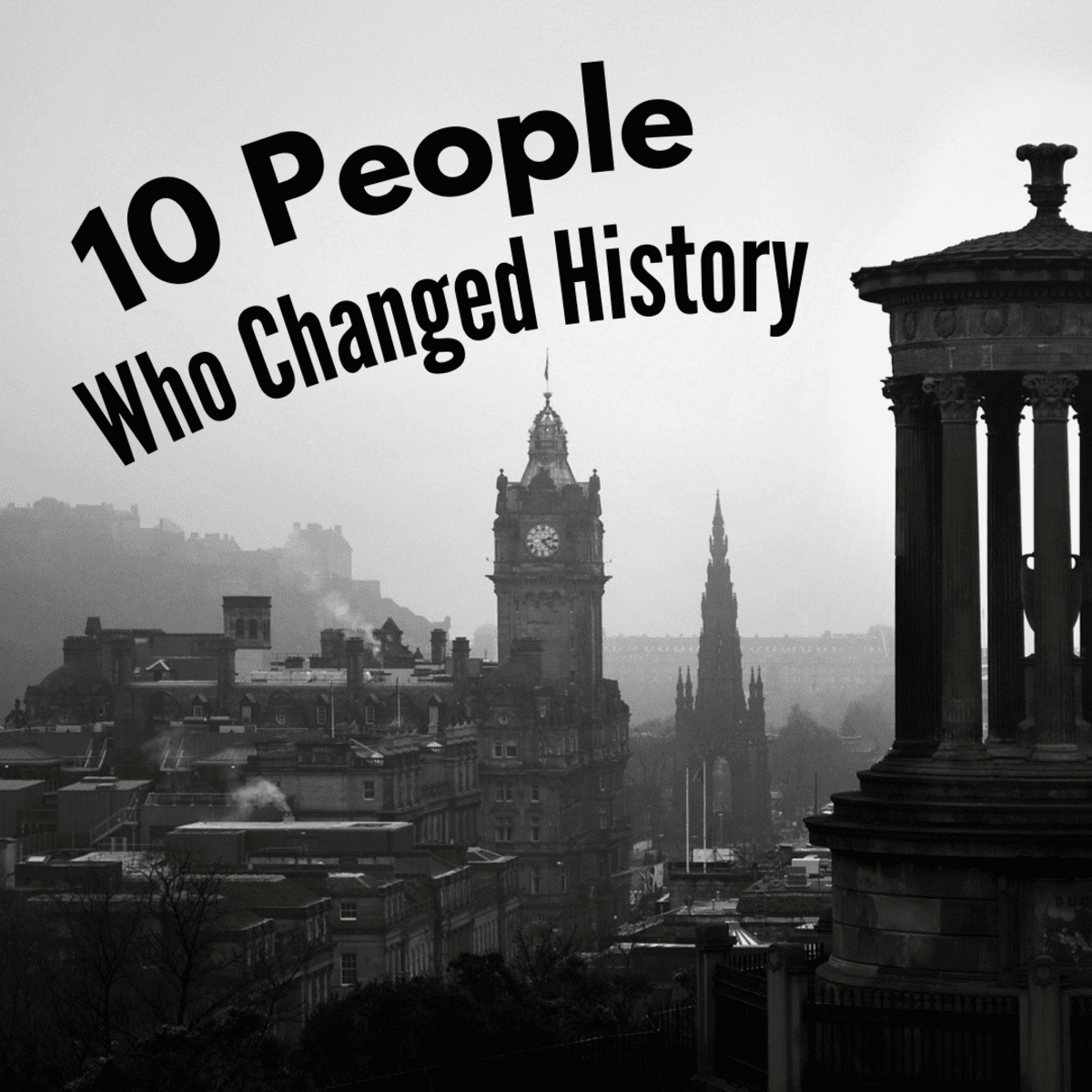This article highlights ten historical figures each with their own unique contribution that changed the course of human history. From Aristotle’s philosophy to Isaac Newton’s laws of motion, it showcases the immense impact each of these figures had on human culture, knowledge, and progress, often spanning multiple fields. The list also includes famous leaders like Napoleon Bonaparte and Mahatma Gandhi, and their ambitious reforms and acts of civil disobedience that transformed nations. Lastly, it ends with Nelson Mandela, whose fight against apartheid inspired people worldwide to strive for social justice and human equality. This article is a testament to how these influential figures continue to inspire and shape the modern world.
10 Historical Figures Who Changed the Course of Human History
Throughout the course of human history, there have been countless individuals who have left an indelible mark on our world, shaping the way we think, live, and interact with one another. From influential philosophers to groundbreaking scientists, these figures have had an immense impact on human culture, knowledge, and progress. Let’s take a look at 10 of the most influential historical figures who changed the course of human history.
1. Aristotle
Aristotle was a Greek philosopher who lived in the 4th century BCE. He is known for his wide-ranging contributions to philosophy, science, and politics, and is widely considered one of the most influential thinkers in human history. Aristotle wrote extensively on topics such as logic, ethics, metaphysics, politics, and biology, leaving a lasting impact on fields such as epistemology, rhetoric, and natural science.
2. Julius Caesar
Julius Caesar was a Roman general and statesman who played a key role in the rise of the Roman Republic. He conquered much of Gaul (modern-day France) during his military campaigns, and helped to transform Rome into a powerful empire. Caesar is known for his military prowess, political cunning, and for dramatically altering the course of Roman history.
3. Leonardo da Vinci
Leonardo da Vinci was an Italian artist, scientist, inventor, and thinker who lived during the Renaissance period. He is known for his masterful works such as the Mona Lisa and The Last Supper, as well as his visionary ideas on subjects such as anatomy, flight, and architecture. Da Vinci’s genius has had a profound influence on many areas of human knowledge, making him one of the most celebrated and respected figures in history.
4. Martin Luther
Martin Luther was a German monk who lived in the 16th century. He is famous for his role in the Protestant Reformation, a movement that challenged the authority of the Roman Catholic Church and led to major reforms in European society. Luther is best known for his Ninety-five Theses, a document that criticized the sale of indulgences and other corrupt practices within the church.
5. Isaac Newton
Isaac Newton was an English physicist and mathematician who lived in the 17th century. He is best known for his laws of motion and universal gravitation, which revolutionized scientific understanding and paved the way for modern physics. Newton’s contributions to mathematics, optics, and astronomy also had a profound impact on many other areas of human knowledge.
6. Napoleon Bonaparte
Napoleon Bonaparte was a French general and statesman who lived in the 18th and 19th centuries. He is known for his military conquests, which transformed France into a major European power, as well as for his ambitious reforms on education, civil liberties, and the legal system. Napoleon’s influence has been felt not just in France, but throughout Europe and beyond.
7. Charles Darwin
Charles Darwin was a British naturalist and biologist who lived in the 19th century. He is known for his theory of evolution by natural selection, which challenged traditional beliefs about the origins of life and the role of God in creation. Darwin’s ideas had a profound influence on not just biology, but also on culture, society, and the arts.
8. Mahatma Gandhi
Mahatma Gandhi was an Indian lawyer and political activist who lived in the 19th and 20th centuries. He is known for his nonviolent campaigns of civil disobedience, which helped to bring about Indian independence from British rule. Gandhi’s ideas on nonviolent resistance and social justice have had an enormous impact not just in India, but around the world.
9. Albert Einstein
Albert Einstein was a German-born physicist who lived in the 19th and 20th centuries. He is known for his theory of relativity, which transformed the way we understand space and time, as well as his contributions to the development of quantum mechanics. Einstein’s ideas on physics and the nature of the universe have had a lasting impact on both science and philosophy.
10. Nelson Mandela
Nelson Mandela was a South African anti-apartheid activist and politician who lived in the 20th and 21st centuries. He is known for his role in fighting against the racist policies of the apartheid regime, as well as for his leadership in the movement for democracy in South Africa. Mandela’s ideas on social justice and human equality have inspired people around the world to fight for freedom and justice for all.
Conclusion
These 10 historical figures are just a few examples of the many people who have changed the course of human history. They have had an enormous influence on the way we think, live, and interact with one another, and their ideas and contributions continue to shape our world to this day. Whether through their artistic genius, scientific discoveries, or political leadership, these figures have left an indelible mark on human knowledge and progress.
